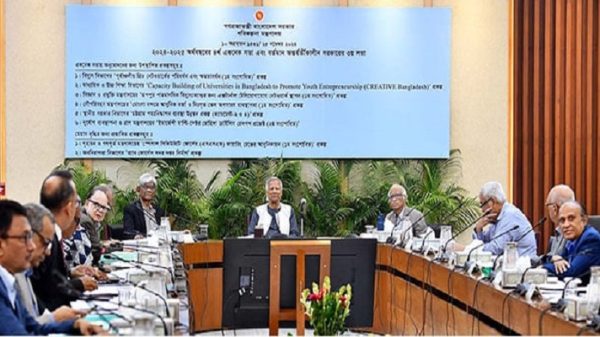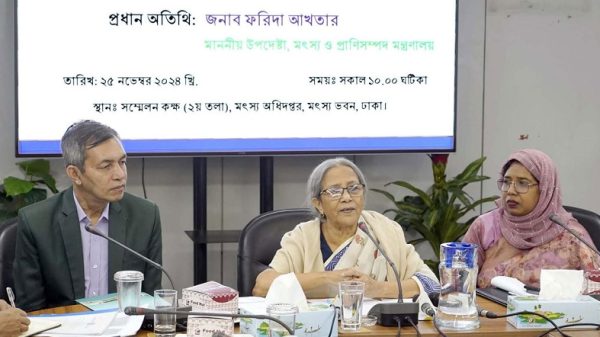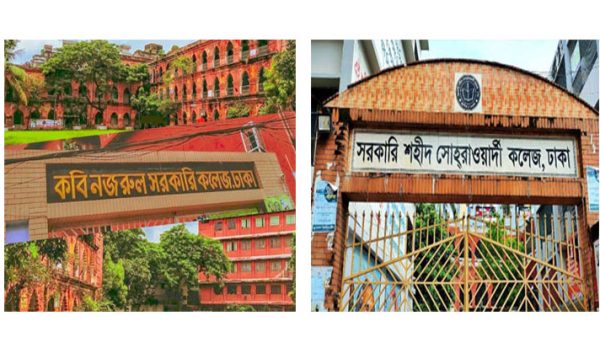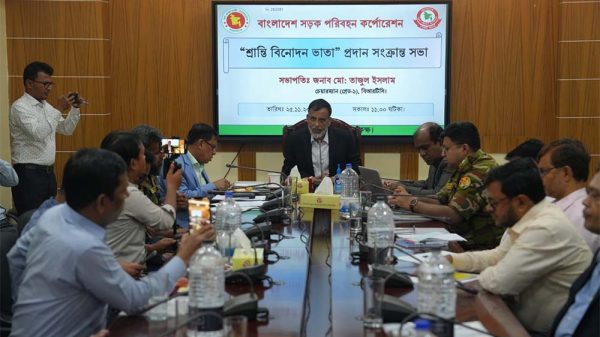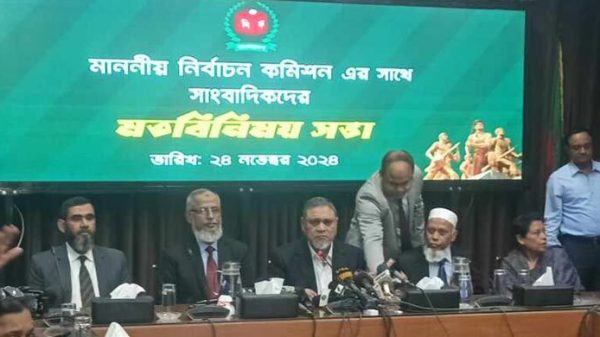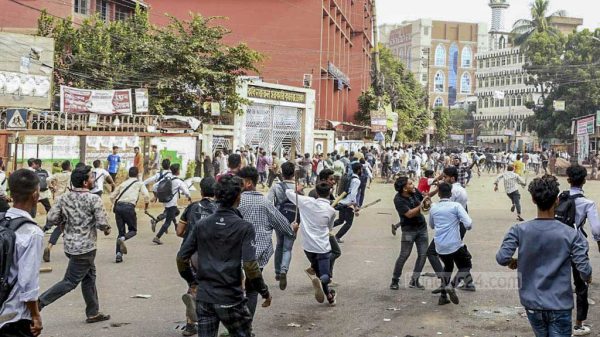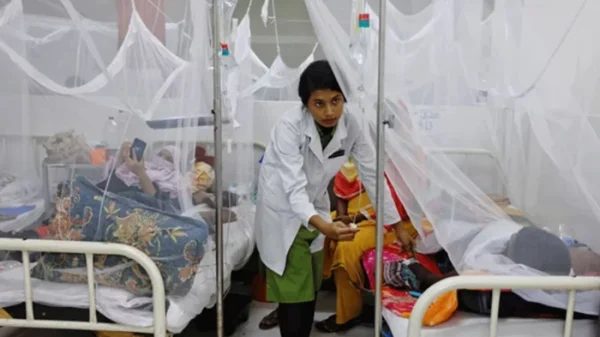Mid-day meals likely for govt primary school students from July

- Update Time : Wednesday, 15 February, 2023, 01:06 pm
- 164 Time View
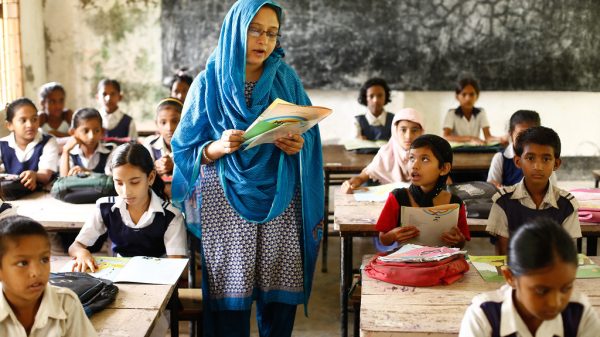
Online Desk: The government is planning to introduce the school feeding programme for students of all state-run primary schools in July with the hope that it will help increase attendance and reduce dropouts. The mid-day meals ensure that the children get at least 30 percent of their required daily calorie intake at school, said officials. The primary and mass education ministry is set to complete a feasibility test for the mid-day meals project this month and will start preparing a Development Project Proposal (DPP) next month, said Farid Ahmed, secretary of the ministry.
State Minister Zakir Hossen told reporters at his office yesterday, “We are hopeful that a new mid-day meal project for all government primary schools will begin in July.” There was a school meal programme for students in poverty-affected areas of 104 upazilas, but it ended in June last year. Before that project ended, the ministry in August 2020 prepared a project worth Tk 17,290 crore to feed 1.41 crore students of the 65,566 government primary schools for five years.
But the project drew flak from many, especially since it had a provision for officials to embark on foreign trips to observe delivery and preparation of mid-day meals including khichri. In June 2021, the Executive Committee of National Economic Council (Ecnec) turned down the project. “The project was not approved as the prime minister was concerned about its structure [modus operandi]. She said cooking khichri in schools might hamper studies,” Planning Minister MA Mannan said at the time.
He added that the PM ordered revising the project design. Besides, no feasibility test was done for the project, Secretary Farid yesterday said. A feasibility study is required for any development project worth Tk 50 crore and over, according to Planning Commission guidelines. Farid said it was not decided whether khichri or fortified biscuits (high on energy, nutrients) would be provided. “There are also proposals for fruits, eggs and even samosas. We will finalise soon.”
Officials are trying to complete the new DPP as fast as possible, and the project cost could be less than what they had proposed in 2020. The government wants to start school lunches at least at the schools in poverty-affected areas, Farid said. Officials are also in talks with the Global Partnership for Education to be able to use some of its $90 million grant for the meals. The ministry wants to use the GPE fund to cover schools that may not be initially served by the project, he said.
The ministries of health, agriculture, and fisheries and livestock have expressed interest in working with the mass education ministry for providing the meals, officials said. The livestock ministry wants to begin providing 250ml of UHT (ultra-high temperature) milk to each student of 50 schools from this month. It will increase the number of schools to 300 and add eggs in July. Officials wanted to keep a provision for funding the mid-day meals from revenue, Farid said. The World Food Programme ran a project to feed schoolchildren from 2001 to 2009. The last government school feeding programme was introduced in 2010.
Under that programme, the government gave 75 grams of fortified biscuits to nearly 3 million schoolchildren in 104 upazilas. Primary education ministry officials said they saw attendance rise by 6.6 percent and dropouts fall by 6 percent in those schools. According to the Directorate of Primary Education, dropout rate at the primary level was 39.8 percent in 2010 and it fell to 14.15 percent in 2021. KM Enamul Hoque, deputy director of Campaign for Popular Education, said, “School meals are vital as many children go to school in an empty stomach every day. It makes it hard for them to focus in class, and their learning outcome does not reach the desirable level. “Students will get better nutrition if they get mid-day meals at schools. It is also a great incentive for families to send their children to school.”

